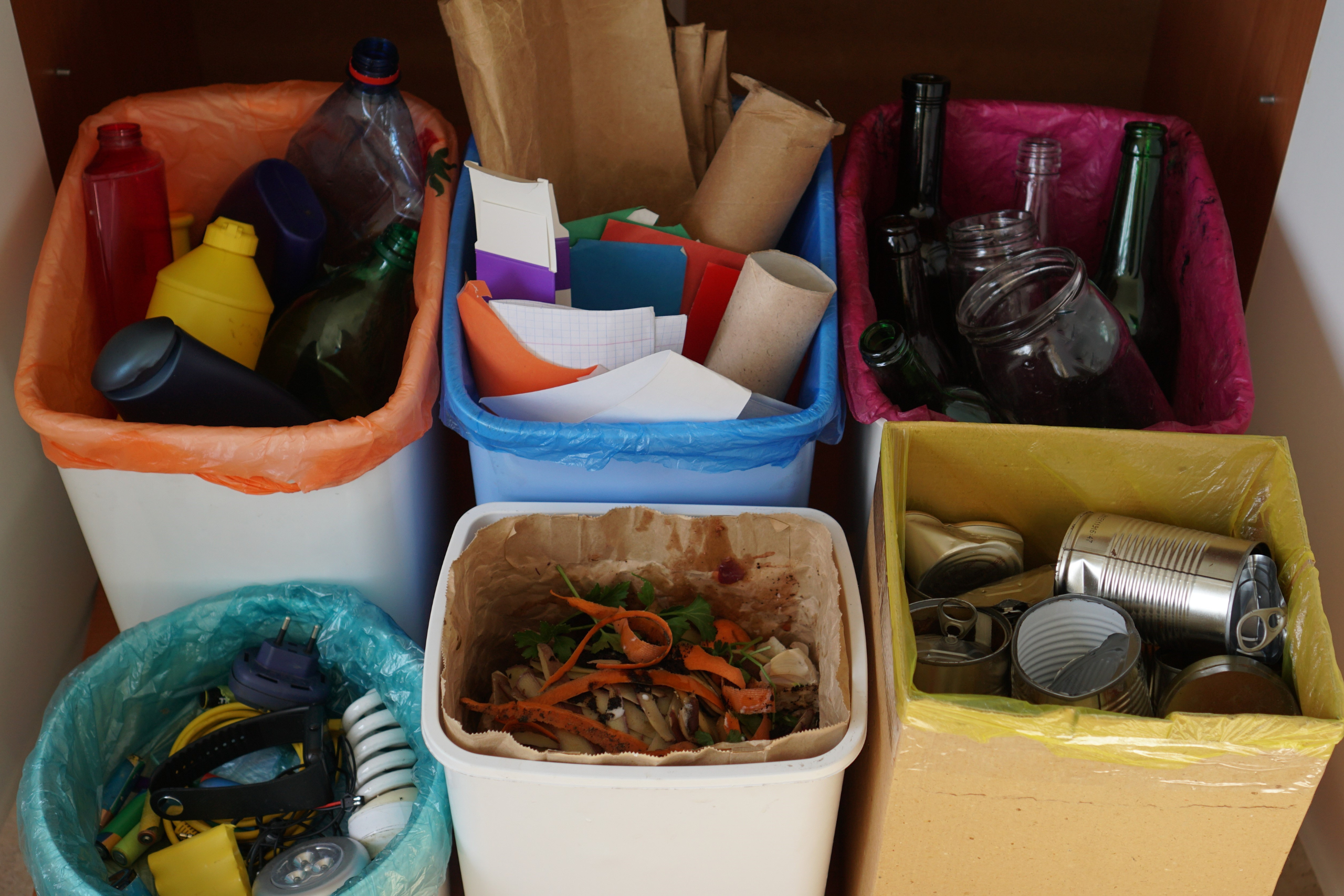Reducing the amount of waste we generate in our homes is an easy and effective way to make a positive impact on the environment. By following a few simple tips, you can reduce the amount of waste you produce, save money, and help to protect the planet.
1. Start a Compost Pile
Composting is a great way to reduce food waste and create nutrient-rich soil amendment for your garden. Simply collect food scraps, such as fruit and vegetable peels, coffee grounds, and eggshells in a container and add them to a compost pile in your backyard.
2. Use Reusable Bags and Containers
Plastic bags and containers are a major source of waste. By switching to reusable bags and containers you can greatly reduce the amount of plastic waste you produce. Keep a few reusable bags in your car or purse and use them when you go grocery shopping or run errands.
3. Avoid Single-Use Products
Single-use products, such as disposable plates, cups, and cutlery are a major source of waste. By avoiding these products you can reduce the amount of waste you produce. Use reusable plates, cups and cutlery instead.
4. Shop for Products with Minimal Packaging
Many products come with excessive packaging that ends up in the trash. When possible, buy products with minimal packaging or opt for bulk products that use less packaging overall.
5. Fix and Repair Instead of Replacing
Many people tend to throw away items that are broken or no longer needed. Instead of buying new products, try to fix and repair the items you already have. This can save you money and reduce the amount of waste you produce.
6. Reduce Paper Waste
Many people generate a lot of paper waste in their homes, such as mail, newspapers, and magazines. To reduce paper waste, unsubscribe from unwanted mail, read news and magazines online, and recycle paper products when you are done with them.
Please contact Royal Carting and Welsh Sanitation to explore ways you can manage your refuse and recycling in a manner that is both efficient and environmentally responsible.

